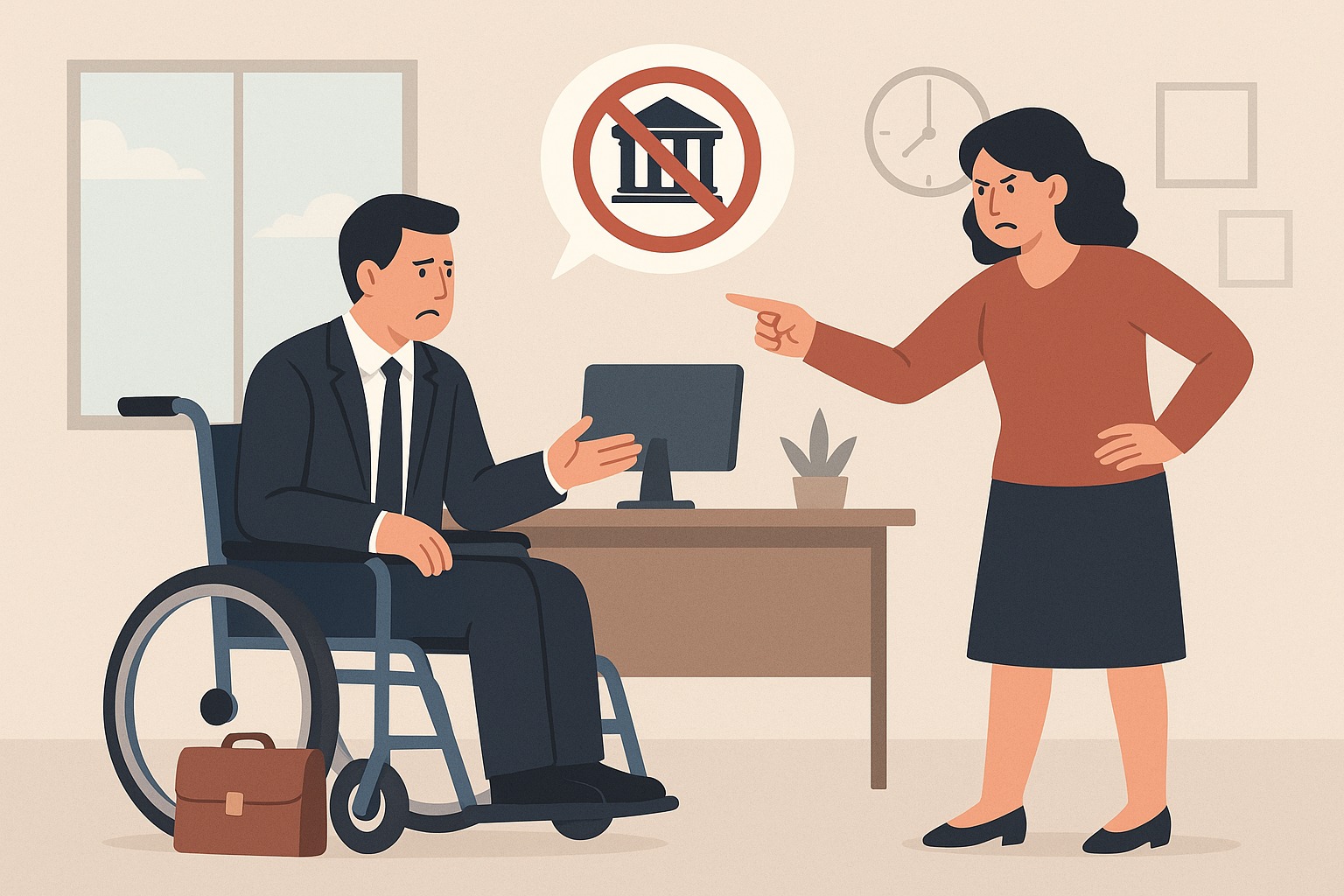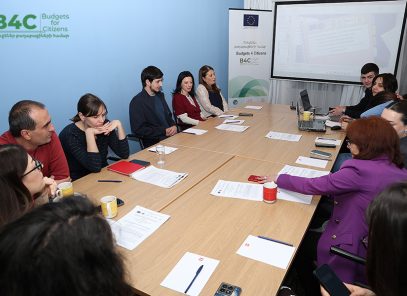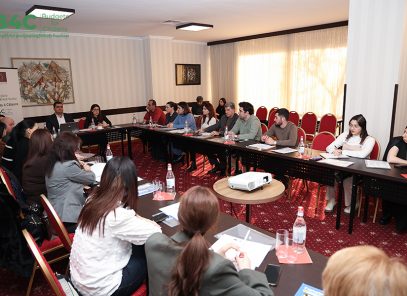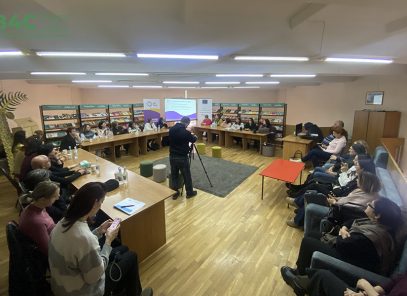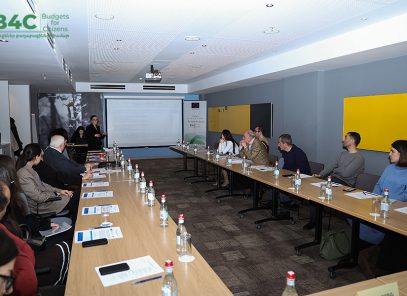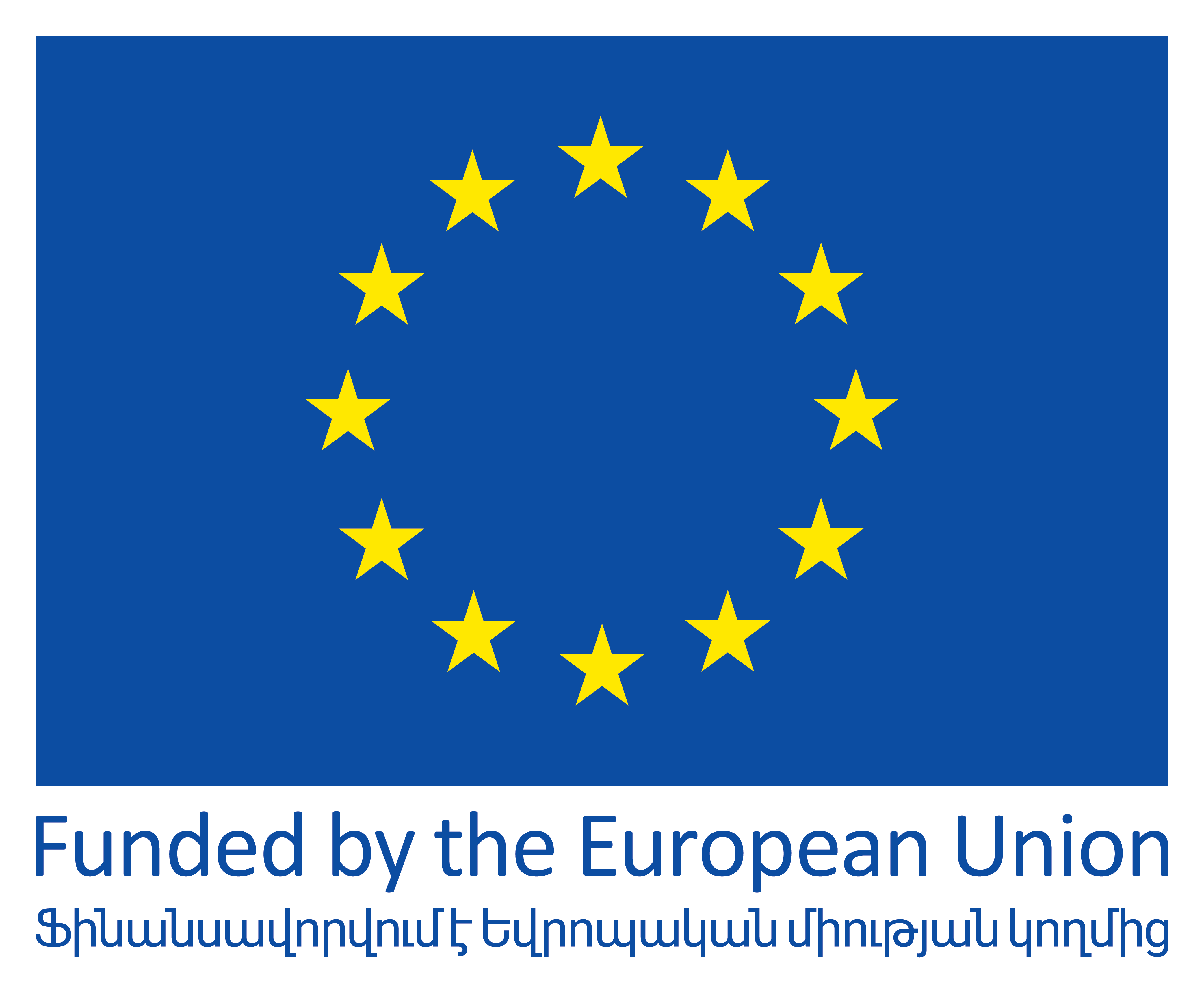Ms Irina Yeghiazaryan lives in Gyumri. She has been disabled since 1994. She says that despite her teaching experience and computer skills, finding work has become impossible.
“When I was on the waiting list for a job, they told me, ‘Wow, it is very difficult to find a job for you, please understand correctly, we have such jobs here… in any case, we will register you, and keep you informed.’ This was an approach when learning that I am a person with disabilities and looking for a job. When I leave my CV, I receive phone calls offering a job that would require me to be on my feet all day. I was asking, “Have you read that I have a disability? How can I stand on my feet all day and work? There must be accommodations. I have knee problems. I will have trouble climbing stairs…,” Irina tells and recalls the conditions of the job fair organized in Gyumri in recent years.
“This fair was held in a theater building, and climbing up and down the stairs of the building created additional challenges and psychological stress for people with limited mobility. They even had to carry wheelchairs up and down.”
Irina Yeghiazaryan was included in the assessment group of building accessibility and observed the building conditions intended for people with disabilities. During visits, she revealed that in most cases, the standards for the construction of ramps, handrails, and restrooms were not maintained.
“The employer was not even aware that there should be reasonable accommodations,” Irina adds.
After a long and unsuccessful search for job, Irina decided to start her own business. Currently she makes souvenirs and attends training courses.
“I gave up hope and went to the “Agate” Rights Defense Center for Women with Disabilities NGO, a public organization where I do not feel isolated and where I participate in professional development courses,” she adds.
Yerevan and Shirak region are the first in terms of the number of persons with disabilities.
According to the information summarized by the e-database of the Ministry of Labor and Social Affairs of the Republic of Armenia (Administrative Register of Disability), as of 1 July, 2024, the number of people with disabilities registered in the Republic of Armenia reached 173 thousand 856 individuals. 7 thousand 642 of them were under 18 years of age, and 91 thousand 97 were of retirement age and older.
83 thousand 396 of the 173 thousand 856 registered people with disabilities were women.
Yerevan ranks first in terms of the number of registered people with disabilities, with 31,724, and Shirak ranks first with 17,073 among the regions,
According to the same source, as of 1 July, 2024, out of 173,856 registered disabled people 1,317 acquired disability due to work-related injuries. 284 of them were women.
412 acquired disability due to illness, injury, or disability caused by natural, man-made, or other disasters, as well as during their elimination work; 279 of them were women.
https://armstat.am/file/article/sv_06_24a_530.pdf
What is the component of the complex program aimed at protecting the labor rights of employees with disabilities?
The Ministry of Labor and Social Affairs of the Republic of Armenia informed the “Lightning” Educational and Cultural Non-Governmental Organization in writing that as of 1 July, 2025, 5 thousand 504 people were employed through the Unified Social Service, 45 of whom are persons with disabilities.
The “Lightning” Educational and Cultural NGO attempted to obtain clarification from the Ministry of Labor and Social Affairs of the Republic of Armenia regarding the programs being implemented to protect the labor rights of employees with disabilities.
The Ministry replied in writing that, having the aim to protect the labor rights of workers with disabilities, it had plans to implement a comprehensive program to strengthen the capacity of health bodies and the labor inspectorates, in particular through training on protecting the rights of workers with disabilities. It had been planned that the Health and Labor Inspection Authority in cooperation with interested bodies should implement the measure during 2025-2026 .
In order to ensure physical, informational and technical accessibility for individuals with disabilities in the workplace, as well as in educational institutions, the Resolution “On Establishing the Procedure for Providing Reasonable Accommodations” was approved by the Government of the Republic of Armenia by Resolution No. 1265-N dated 11 August, 2022, which entered into force in January 2023.
Any individual who has a functional limitation due to a disability that, in accordance with an individual service plan, limits his or her ability to adequately perform his or her job duties or participate in the educational process on an equal basis with others may request the provision of reasonable accommodations in the workplace and in the educational institution.
Types of reasonable accommodations include:
- Non-technological adjustments that do not require financial costs (revision of work schedules without the involvement of additional employees, revision of break times and other similar adjustments),
- Adaptations that require simple technological solutions that are simple, do not cause additional difficulties and can be easily implemented in almost any conditions (replacing a door handle with an adapted one, providing a magnifying glass, etc.),
- Adaptations that require high-tech solutions that use modern or complex equipment (auxiliary means, including software, etc.),
- Assistance in performing any activity (accompaniments, lip-reading and sign language interpreters, note-takers, translators, etc.).
This publication has been developed with the financial support of the European Union within the framework of a sub-grant provided under the “Budgets for Citizens” action implemented by the Armenian Lawyers’ Association, in cooperation with partners “Economic Development and Research Center” (EDRC) NGO and “Agora Central Europe” NGO (Czech Republic). It has been implemented by “Lightning” Educational and Cultural Non-Governmental Organization within the framework of the “Equal Conditions in the Workplace and in the Labor Market” project. The “Lightning” Educational and Cultural NGO is responsible for the content, and it does not necessarily reflect the views of the European Union.
The photo is generated using AI.

